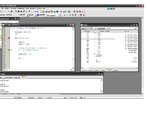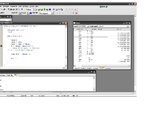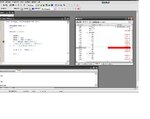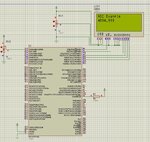dhakeparag81
Full Member level 2
Hi there,
I use 12 bit ADC AMC7820 to get digital value.
After getting the ADC result i want to convert it into voltage(in float).
formula for conversion is
v= ADC/4096;
v= 5/v;
but i didn't get the correct result.
i use pic18f 87k22 controller for interfacing with ADC.
please help me out...
I use 12 bit ADC AMC7820 to get digital value.
After getting the ADC result i want to convert it into voltage(in float).
formula for conversion is
v= ADC/4096;
v= 5/v;
but i didn't get the correct result.
i use pic18f 87k22 controller for interfacing with ADC.
please help me out...
Last edited:



